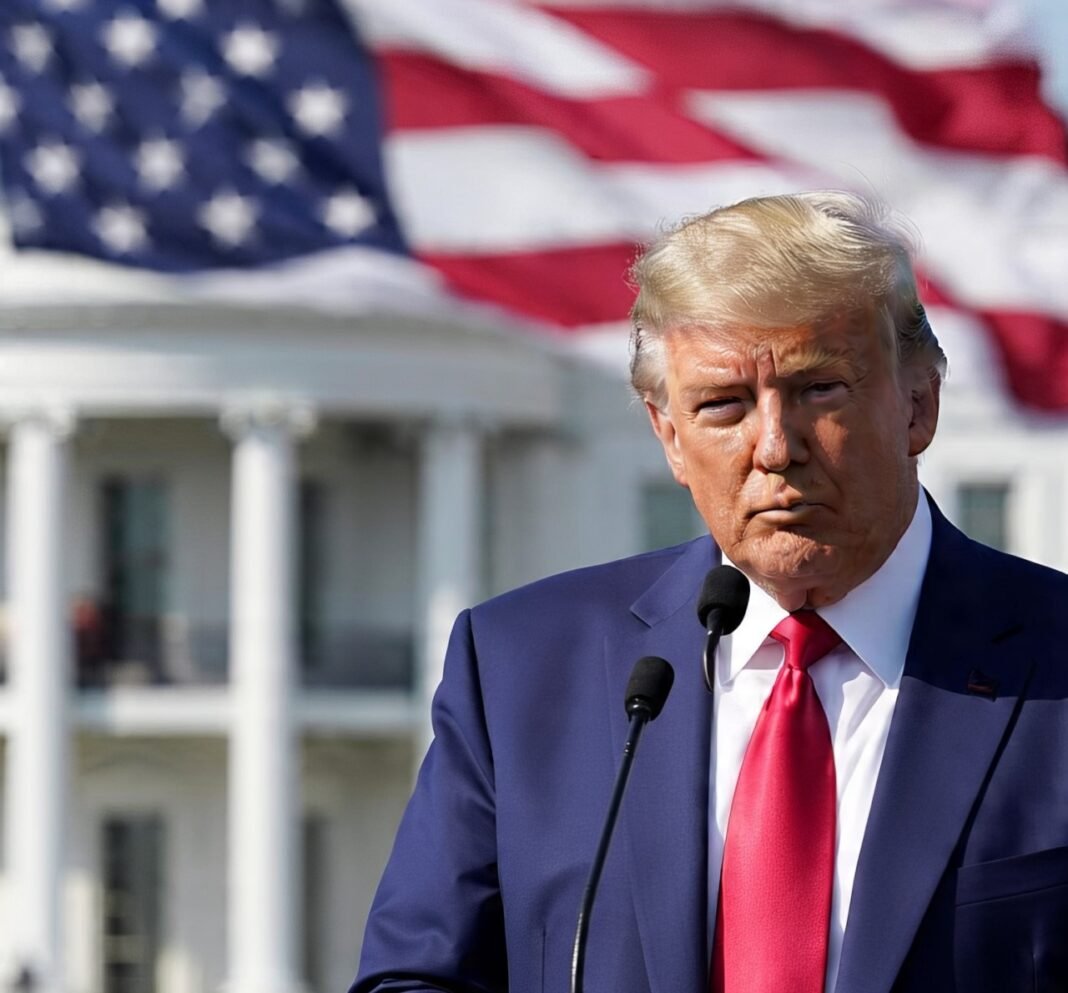Trump Acknowledges Strong Relationship with India
Former US President Donald Trump has once again reiterated his view that America enjoys a strong and positive relationship with India. Speaking from the White House, Trump said the United States “gets along with India very well,” but stressed that trade ties between the two countries had long been “one-sided.” According to him, this imbalance existed because India imposed extremely high tariffs on American goods, which prevented US companies from gaining fair access to Indian markets.
“One-Sided” Trade Practices Under Scrutiny
Trump argued that for many years, India benefitted from open access to the American market while US exporters faced steep trade barriers. “India was charging us tremendous tariffs, about the highest in the world,” he said. This, in his view, discouraged American firms from doing business with India. On the other hand, Indian companies were able to export significant volumes of goods into the US without facing equivalent duties. He described this as a long-standing issue that disadvantaged American workers and industries.
Harley Davidson Becomes the Central Example
To illustrate his point, Trump singled out Harley Davidson motorcycles as a case study of the challenges faced by American exporters. He explained that motorcycles manufactured in the US faced tariffs as high as 200% in India, effectively pricing them out of the local market. “So what happens? Harley Davidson went to India and built a motorcycle plant,” Trump said. By moving production to India, the company avoided heavy tariffs, but according to Trump, this move meant lost opportunities for American workers and manufacturers back home.
Tariffs and America’s Business Strategy
Trump underscored that earlier administrations had allowed India to impose tariffs while the US failed to respond with reciprocal measures. “They’d send it in, pour it into our country. Therefore it wouldn’t be made here, which is a negative. But we would not send in anything because they were charging us 100% tariffs,” he argued. The imbalance, he claimed, shifted when he assumed office, as he insisted on rebalancing trade policies and pursuing fairer arrangements.
The Larger US-India Economic Context
Despite his criticisms, Trump also emphasized the overall strength of the diplomatic and personal ties between Washington and New Delhi. He praised Indian leadership while pointing out that his administration pushed for reforms in the trade relationship. Analysts note that India remains a vital strategic partner for the US, especially in areas like defense, technology, and regional security. However, Trump’s comments highlight how trade frictions, particularly tariffs, have been a recurring source of tension.
Implications for Future Trade Policy
Observers believe that Trump’s statements underscore a broader debate about how the US should engage with fast-growing economies such as India. While strategic cooperation continues to strengthen, trade issues remain a sticking point. High tariffs and protectionist measures could limit opportunities for deeper economic integration unless both nations work toward mutually beneficial reforms. Trump’s example of Harley Davidson symbolizes broader challenges faced by American companies attempting to compete in the Indian market.
Balancing Warm Ties and Economic Fairness
In conclusion, Trump’s remarks reflect his signature trade-first approach: maintaining strong diplomatic relations while demanding reciprocal economic policies. His administration’s efforts to address tariffs were part of a wider agenda aimed at ensuring “fair and balanced” trade. While India and the US continue to expand cooperation in defense, technology, and global security, the trade dispute remains an area requiring sustained dialogue. Going forward, both nations will likely weigh how to preserve their warm relations while addressing economic grievances on both sides.








